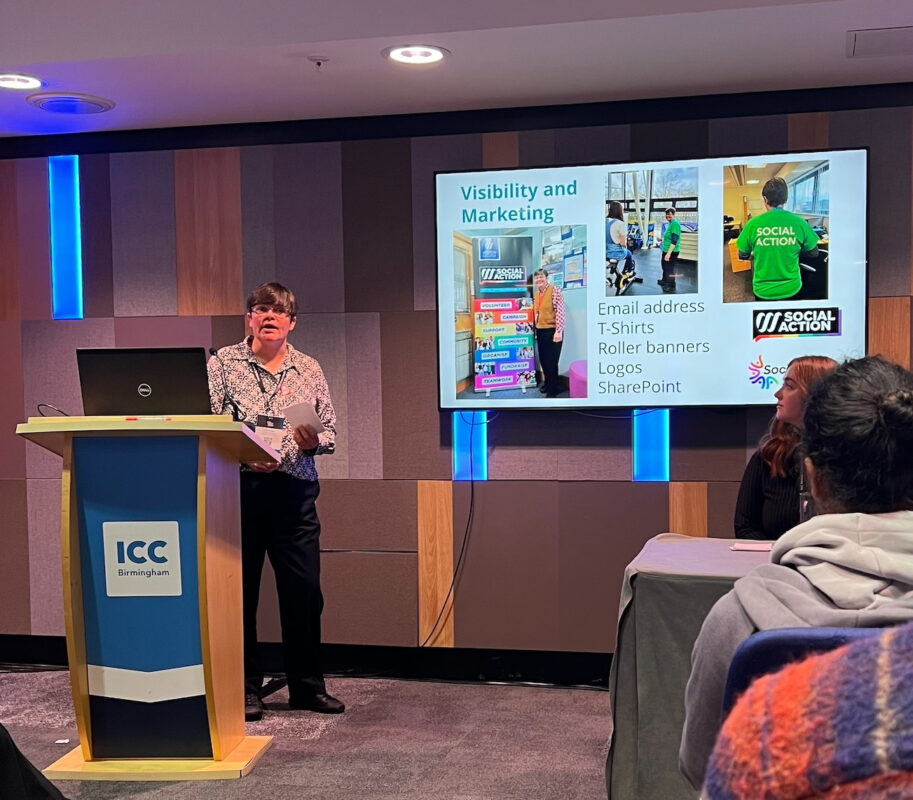Decentralised Science (DeSci) and Its Transformative Impact on Skills, Education, and Work

Decentralised science (DeSci) represents a significant shift towards a more open, collaborative model of scientific research, education, and skill development. This paradigm, rooted in the principles of blockchain technology, could revolutionise the way knowledge is created, shared, and applied, particularly within the further education (FE) sector, skill acquisition, and the broader context of work.
The Concept of Decentralised Science and its Relevance to Education and Work
Decentralised science leverages blockchain and related technologies to facilitate an open-access model of scientific research and knowledge dissemination. This approach challenges traditional gatekeeping mechanisms in scientific publishing and research funding, advocating for a system where knowledge is freely accessible, peer-reviewed, and democratically validated. The implications for the FE sector and skills development are profound, as DeSci embodies a shift towards more inclusive, transparent, and collaborative forms of learning and knowledge creation.
The Role of DeSci in Transforming Education and Skill Acquisition
- Open Educational Resources (OER): DeSci’s ethos promotes the development and use of OER, enabling learners to access a wealth of information and educational materials without the barriers of cost or institutional affiliation. This democratisation of knowledge supports lifelong learning and facilitates the acquisition of skills relevant to the evolving demands of the labour market.
- Peer-to-Peer Learning Networks: Leveraging blockchain technology, DeSci can create decentralised platforms for peer-to-peer learning, where individuals can share knowledge, skills, and experiences directly with one another. This model fosters a more personalised and engaging learning experience, encouraging active participation and mutual support among learners.
- Credentialing and Skill Verification: Blockchain-based systems within the DeSci framework can offer secure and verifiable recording of academic achievements and skills. Such a system enhances the credibility of online education and vocational training, making it easier for employers to recognise and trust the qualifications of potential employees.
DeSci’s Influence on the Future of Work
The impact of DeSci extends beyond educational reform, shaping the future of work in several key ways:
- Innovation and Collaboration: By facilitating open access to research and data, DeSci encourages innovation and collaborative problem-solving across disciplines and industries. This environment nurtures a workforce capable of addressing complex global challenges through interdisciplinary knowledge and teamwork.
- Adaptability and Resilience: The emphasis on continuous learning and skill development within the DeSci ecosystem equips individuals with the adaptability and resilience needed in a rapidly changing job market. Workers become more agile, capable of pivoting between roles and sectors as opportunities and demands evolve.
- Decentralised Work Environments: The principles of decentralisation apply not only to scientific research but also to organisational structures and work processes. DeSci champions a move towards more flexible, autonomous work practices, reflecting a broader trend towards remote and distributed teams.
Further Exploration
For further exploration into the transformative potential of Decentralised Science (DeSci) in reshaping the landscape of education, skills acquisition, and the workforce, the following two articles from offer comprehensive perspectives.
The first piece, “Unlocking Scientific Innovation Through Decentralized Science – Part I“ from Stanford Law School’s Law and Biosciences Blog, delves into the foundational role of Decentralised Autonomous Organisations (DAOs) within the DeSci ecosystem. It highlights how DAOs, governed by collective action and smart contracts on blockchain technology, aim to address significant challenges in funding, organisation, and transparency within the scientific community. The discussion extends to the ways in which DeSci seeks to democratise the scientific process, making it more accessible, transparent, and free from the biases and inefficiencies that currently hamper innovation and collaboration.
The continuation, “Unlocking Scientific Innovation Through Decentralized Science – Part II,” further examines the practical applications of DeSci, specifically through the lens of VitaDAO, a pioneering DAO focused on longevity research. This article showcases the procedural approach to funding research via DAOs, illustrating how blockchain technology can facilitate a more democratic, transparent, and efficient allocation of resources towards scientific endeavours. It also touches upon the broader implications of DeSci for the research community, emphasising the potential for DeSci to foster a new era of open, collaborative science that transcends traditional barriers.
Additionally, the comprehensive overview provided by ethereum.org on Decentralised Science (DeSci) sheds light on how blockchain technology can revolutionise various facets of scientific research, publishing, and funding. It describes a future where scientific discovery is bolstered by transparency, accessibility, and the collective intelligence of the global community. This vision includes new models for publishing scientific work, ensuring the reproducibility and replicability of research, and innovating funding mechanisms that are less susceptible to bias and more conducive to groundbreaking research.
By Richard Foster-Fletcher, Chair of Morality and Knowledge in Artificial Intelligence (MKAI)











Responses